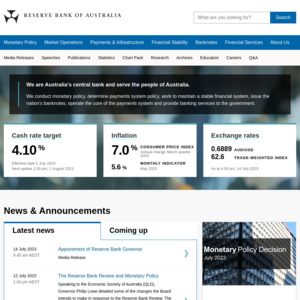today the rba has cut the rates to a historic low of 1.5% and afterwards commbank announced that they will only cut it by 0.13%….. where is the other 0.12%???!!! what a disgrace! Can any economists here explain to me why the big banks dont usually pass the full rate cut by the RBA or is it just that they are greedy? i am seriously about to switch banks.
and also why make us wait until August 19 to come into effect, when RBA lifts you do it next day!!!! Oh wait forgot the millions your going to make in the next few weeks until you do drop it

Banks are not a charity, Usury is now legalised, welcome to debt slavery without any end in sight.